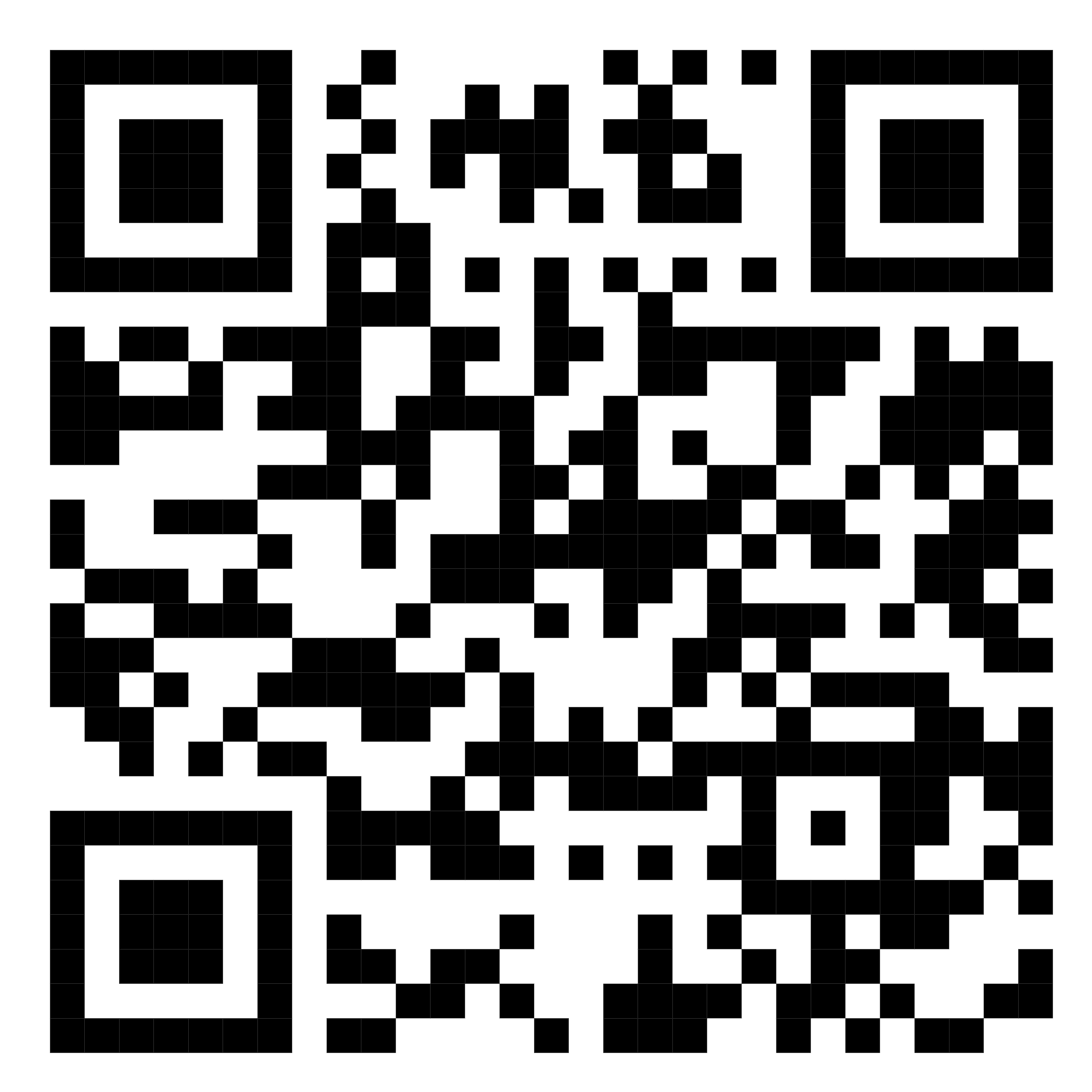About Us
Digital Forta the integration of digital technologies refers to the incorporation and utilization of various digital tools, platforms, and systems into existing processes, workflows, and systems within organizations or society as a whole. Digital Forta involves leveraging digital technology to enhance efficiency, productivity, and effectiveness in various domains, such as business, education, healthcare, government, and more.
Automation
Digital technologies enable automation of repetitive tasks, reducing manual effort and human error. For instance, businesses can use robotic process automation (RPA) to automate data entry, invoice processing, or customer support tasks.
Data Analytics
Digital technologies allow organizations to collect, analyze, and interpret large amounts of data to gain valuable insights. Data analytics tools and techniques help businesses make data-driven decisions, identify trends, and optimize operations.
Cloud Computing
Integration of cloud computing services provides flexible and scalable access to computing resources, storage, and software applications. It allows organizations to streamline operations, reduce infrastructure costs, and improve collaboration and data accessibility.
Internet of Things (IoT)
IoT involves connecting physical objects or devices to the internet and enabling them to communicate and interact with each other. Integration of IoT technologies can lead to increased automation, real-time monitoring, and improved efficiency. For example, smart home devices, industrial sensors, or wearable health trackers.
Artificial Intelligence (AI) and Machine Learning (ML)
AI and ML technologies are integrated into various applications and systems to enable intelligent automation, predictive analytics, natural language processing, and more. Examples include virtual assistants, recommendation systems, fraud detection algorithms, and autonomous vehicles.
Digital Marketing
Integration of digital technologies in marketing allows businesses to reach their target audience through online channels, such as social media, search engines, email marketing, and personalized advertising. It enables targeted messaging, precise audience segmentation, and better measurement of marketing effectiveness.
E-commerce and Online Transactions
Digital technologies have revolutionized the way goods and services are bought and sold. E-commerce platforms enable businesses to sell products online, while digital payment systems facilitate secure and convenient online transactions.
Virtual Collaboration and Communication
Digital technologies provide tools and platforms for remote collaboration and communication. Video conferencing, project management software, and online collaboration tools enable teams to work together efficiently, irrespective of geographic locations.
Services
ERP Project Management
ERP (Enterprise Resource Planning) is a type of software system used by organizations to manage their business processes, including financial management, human resources, supply chain management, and customer relationship management. Implementing an ERP system is a complex undertaking that requires careful planning and project management.
Learn moreDigital Marketing
Digital marketing refers to the use of digital channels, platforms, and strategies to promote products, services, and brands to a targeted audience. It leverages various online and digital technologies to reach and engage with potential customers, build brand awareness, drive website traffic, and generate leads or sales.
Learn moreWebsite Development
Website development refers to the process of creating and building a website, which involves designing its layout, structuring its content, and implementing the necessary functionality. It encompasses various aspects, including web design, front-end development, back-end development, and website maintenance.
Learn moreCreative Branding
Creative branding refers to the process of establishing a unique and compelling brand identity that resonates with the target audience. It involves developing creative elements, such as brand name, logo, tagline, colors, typography, and visual style, that convey the brand's personality, values, and positioning.
Learn moreData Analytics
Data analytics refers to the process of examining, transforming, and interpreting raw data to uncover meaningful insights, patterns, and trends. It involves using various statistical, mathematical, and computational techniques to extract valuable information from data sets. Data analytics can be applied to different types of data, such as structured data (organized in a specific format) and unstructured data (e.g., text, images, social media posts).
Learn moreCloud Computing
Cloud computing refers to the delivery of computing services over the internet, providing on-demand access to a shared pool of computing resources, including servers, storage, databases, networking, software, and applications. Instead of relying on local servers or personal devices, cloud computing allows users to access and use computing resources from anywhere, at any time, using internet-connected devices.
Learn moreInternet of Things (IoT)
Internet of Things (IoT) refers to the network of physical objects or "things" embedded with sensors, software, and connectivity, enabling them to collect and exchange data over the internet. These objects can range from everyday devices like smartphones, smartwatches, and home appliances to industrial machinery, vehicles, and infrastructure.
Learn moreArtificial Intelligence
Artificial Intelligence (AI) refers to the development of computer systems and algorithms that can perform tasks that typically require human intelligence. AI aims to simulate human cognitive processes, such as learning, reasoning, problem-solving, perception, and decision-making, in machines. It encompasses a broad range of techniques, including machine learning, natural language processing, computer vision, robotics, and expert systems.
Learn moreE-commerce
E-commerce, short for electronic commerce, refers to the buying and selling of goods and services over the internet. It involves online transactions and the exchange of digital information, such as product details, payments, and order processing. E-commerce has revolutionized the way businesses operate and how consumers shop.
Learn moreVirtual collaboration and communication
Virtual collaboration and communication refer to the use of digital tools and technologies to facilitate collaboration and communication among individuals or teams who are geographically dispersed. It enables people to work together remotely, share information, exchange ideas, and coordinate their efforts without the need for physical proximity.
Learn moreContact Us
Our Address
1st Floor - Galaxy Trade Center, Near Bus Stand Kattoor 680-702 Thrissur Dist, Kerala-India
Call Us
India : +91 79070 75817
Qatar : +974 50503755
Tanzania : +255 743 800 222
Ireland : +353 894 165 715
Company Profile

